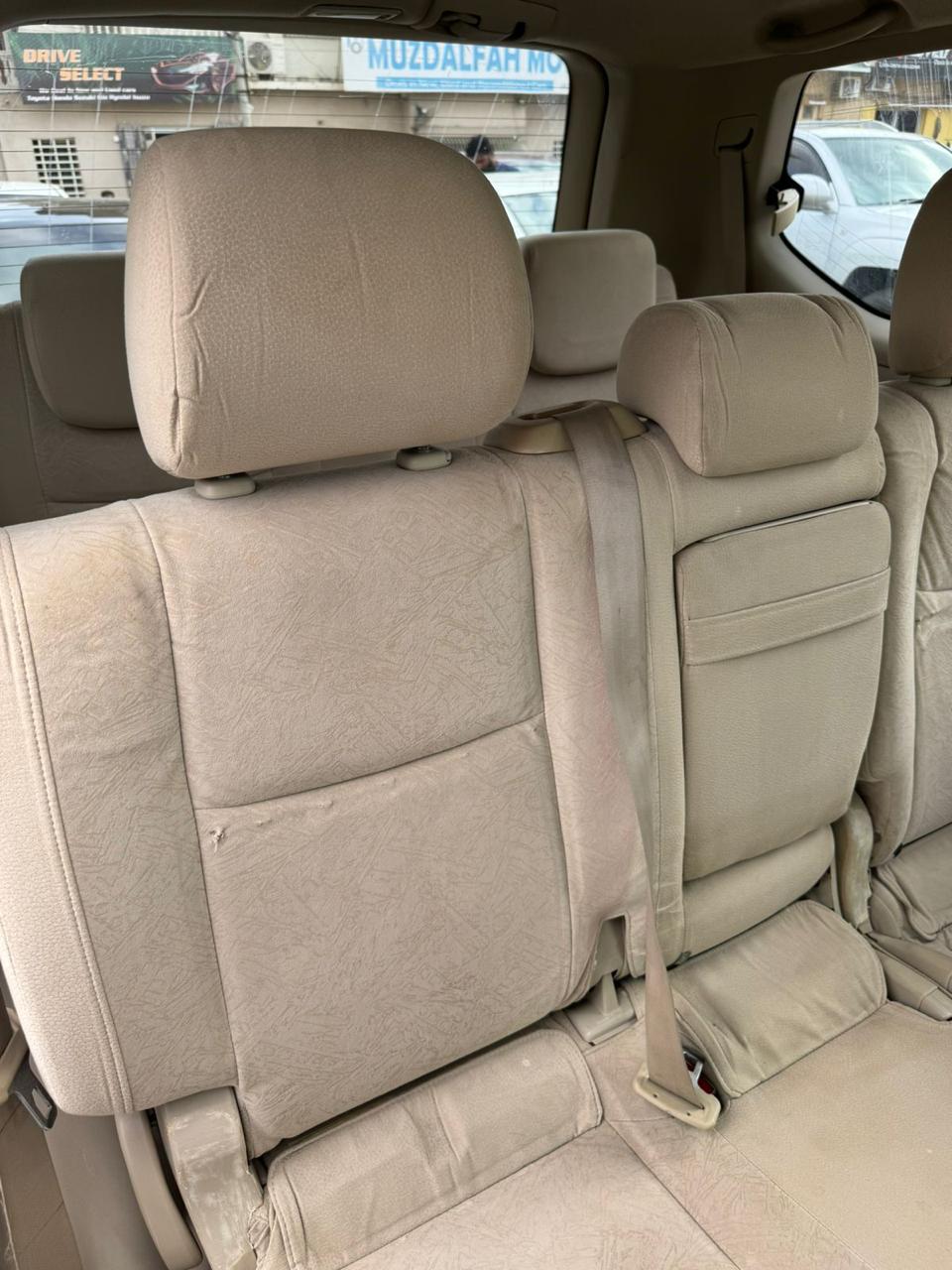How to Set a Budget for Car Bidding in Pakistan

Participating in a car bidding process can be an exciting way to find a great deal, but setting a clear budget is crucial to ensure you don’t overspend. Whether you’re bidding at an auction or through an online platform, having a well-defined budget will help you stay on track and make informed decisions. Here’s a comprehensive guide on how to set a budget for car bidding in Pakistan:
1. Determine Your Total Budget
Assess Your Finances:
-
Review Income and Expenses: Start by evaluating your monthly income, savings, and existing expenses to determine how much you can comfortably allocate towards buying a car.
-
Consider Other Financial Goals: Ensure that setting aside funds for a car does not compromise other financial goals or obligations.
Set a Maximum Limit:
-
Define Your Cap: Establish a maximum amount you are willing to spend on the car, including the bidding amount and additional costs.
-
Stick to Your Limit: Avoid the temptation to exceed your budget during the bidding process.
2. Factor in Additional Costs
Auction Fees:
-
Understand Fees: Be aware of any fees associated with participating in the auction, such as registration fees, bidding fees, or buyer’s premiums.
-
Include in Budget: Add these fees to your budget to avoid surprises.
Car Registration and Taxes:
-
Registration Costs: Factor in the cost of registering the car with the relevant authorities.
-
Taxes and Duties: Include any applicable taxes or duties that need to be paid.
Insurance:
-
Insurance Premium: Estimate the cost of insuring the car based on its value and your insurance provider’s rates.
Maintenance and Repairs:
-
Inspection Costs: Consider the cost of inspecting the car before bidding to identify any potential issues.
-
Initial Repairs: Allocate funds for any immediate repairs or maintenance the car might need after purchase.
3. Research Market Prices
Compare Similar Cars:
-
Check Listings: Research prices of similar cars in the market to get a realistic idea of their value.
-
Evaluate Condition: Consider the condition, mileage, and model of the cars you are interested in.
Analyze Auction Results:
-
Review Past Auctions: Look at recent auction results for similar cars to understand the typical bidding prices.
-
Adjust Budget: Use this information to adjust your budget based on realistic market conditions.
4. Calculate Your Bid Amount
Set a Target Price:
-
Determine a Target: Decide on a target price for the car, which is the amount you aim to bid up to but not exceed.
-
Include All Costs: Ensure your target price includes the auction fees, taxes, and other associated costs.
Consider Competitive Bidding:
-
Bid Strategy: Plan your bidding strategy, including how much you are willing to increase your bid if necessary.
-
Avoid Overbidding: Stick to your target price and avoid getting caught up in competitive bidding, which can lead to overspending.
5. Prepare for Unexpected Costs
Reserve Fund:
-
Emergency Fund: Set aside a reserve fund for unexpected costs that may arise after winning the bid, such as additional repairs or legal fees.
Contingency Budget:
-
Allocate Extra Funds: Consider having a contingency budget to cover any unforeseen expenses that may not have been anticipated.
6. Evaluate Financing Options
Explore Financing:
-
Loan Pre-Approval: If you need financing, explore loan options and get pre-approved to understand how much you can borrow and the associated terms.
-
Include Loan Costs: Factor in any loan-related costs, such as interest rates and fees, into your budget.
Determine Affordability:
-
Monthly Payments: Assess the impact of monthly loan payments on your overall budget and ensure they fit within your financial plan.
7. Monitor and Adjust Your Budget
Track Spending:
-
Keep Records: Maintain records of your bidding expenses, including auction fees, car purchase price, and additional costs.
-
Adjust as Needed: Be prepared to adjust your budget if necessary based on your actual spending and final costs.
Review and Reflect:
-
Evaluate the Process: After the bidding process, review how well your budget aligned with the actual costs and reflect on any areas for improvement.
Conclusion
Setting a budget for car bidding in Pakistan involves careful planning and consideration of various factors. By assessing your finances, factoring in additional costs, researching market prices, and preparing for unexpected expenses, you can create a realistic budget that helps you stay on track during the bidding process.
Tips:
-
Stay Informed: Keep up-to-date with auction terms and market trends to make informed decisions.
-
Stick to Your Budget: Avoid overspending by adhering to your budget and bidding strategy.
By following these guidelines, you can navigate the car bidding process with confidence and ensure a successful and cost-effective purchase.




